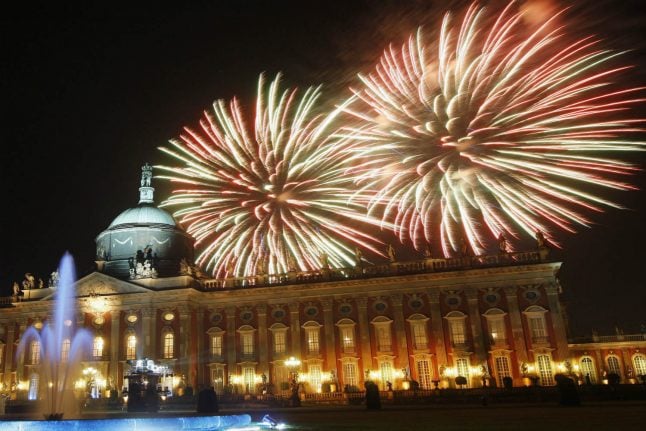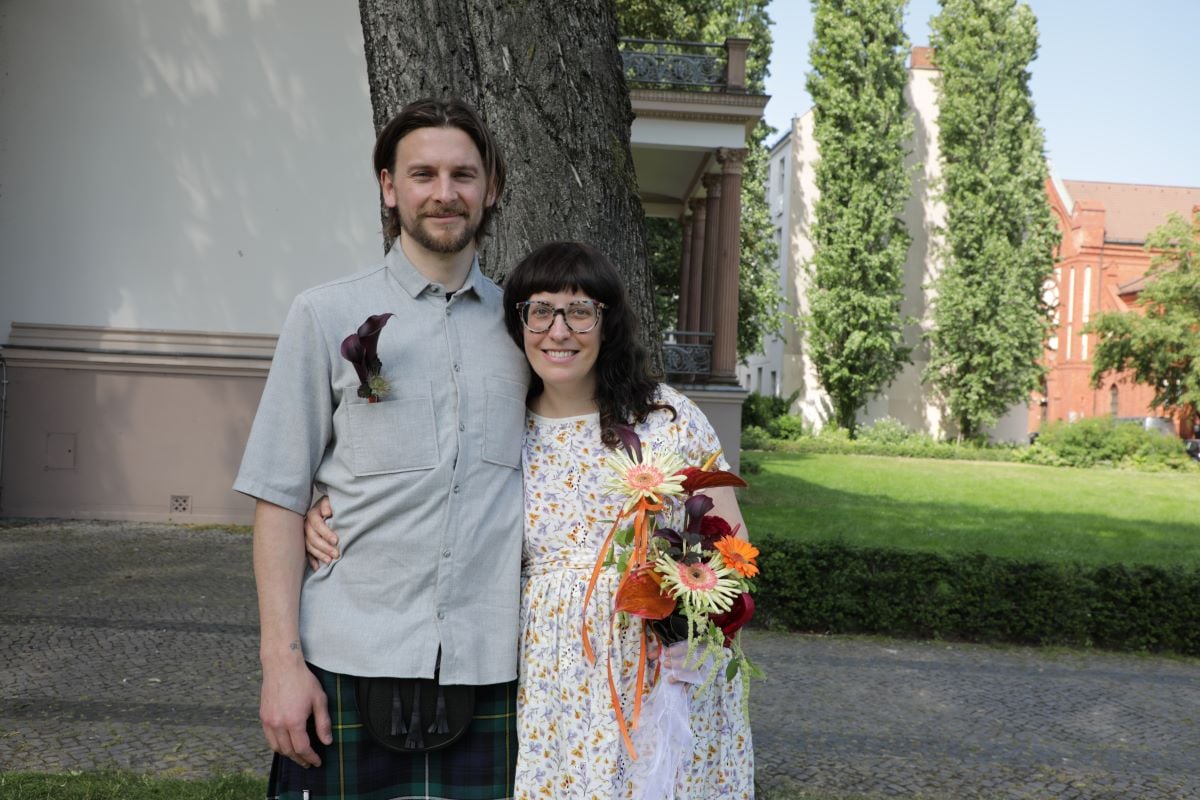23rd International Beer Festival, Berlin, August 2-4th
Berlin doesn’t like to see Munich do a better job at anything, and that even includes beer.The 23rd International Beer Fest will give an Oktoberfest a run for its money, as 350 breweries from 90 countries line Karl-Marx-Allee in order to sell a total of 2,400 types of beer. The 2.2 kilometre stretch will also include many stages boasting live music.
Admission to the event is free – we can say cheers to that!
14th Annual Afrika Tage Düsseldorf, August 2nd-4th
There are many Africans – or people of African origin – living in Germany, and this open air festival aims to spotlight their many different types of music, customs and of course cuisine.
The weekend-long festival on the Freizeitpark Ulenbergstraße includes a lively line-up of bands and DJs, as well as several workshops touching on topics like integration and migration to Germany. The kick-off event is Friday at 5pm, with a vibrant Afro-salsa party that will draw even beginners into the festivities.
British Flaire and Country Fair, Hamburg, August 9th

Friedrich Richter, a Hamburger anglophile, standing beside his Jaguar Mark IV at the 2018 British Flaire. Photo: Yasmin Samrai
The UK might be leaving the EU at some point in the near future, but its spirit is staying in Hamburg. At the annual British Flair trade show, you can browse a bounty of British tents selling products such as wax jackets, single malt whiskies and of course fish and chips.
In the tradition of the “Last Night of the Proms” concert in London’s Royal Albert Hall, event goers can also picnic amongst the music of classic composers
Potsdam Palace Night, August 16th-17th
What nicer way is there to spend a summer evening than strolling amongst the lit-up Prussian palaces of Potsdam? At the famous Sansoucci Palace, musicians will play classical songs, and fireworks will also illuminate the sky over the Schloss come midnight. Throughout all of the city’s former royal ground, actors in period customers will greet guests who will also feel like they’re stepping back in time.
Stars for Free, various locations, August 17th-30th
Calling all music fans: throughout the second half of August, large radio stations from throughout the country will be hosting free open air concerts in parks. As the name implies, the biggest local and international music stars will take to the stage. Check the website for local line-ups.
The massive open air events will take place in the following dates and cities: August 17th in Hamburg (through Radio Hamburg), August 23rd in Chemnitz (Hitradio RTL), August 24th in Berlin (104.6 RTL), August 25th in Magdeburg (Radio Brocken) and August 31st in Hanover (Radio Antenne Niedersachsen).
Frankfurt Apple Wine Festival, August 9th-18th

Glasses of apple wine and a Bembel on a table outdoors in Frankfurt. Photo: DPA
In Frankfurt, apple wine is so popular the city has even created a festival that pays tribute to the revered drink.
But the unconventional wine isn’t the only thing on offer festival. There will also be live music and performances as well as utensils for sale such as the tradition Bembel earthenware jugs in which apple wine is typically served.
Gamescom, Cologne, August 21-25th
Video game – and general technology – junkies will get their fix at this sprawling trade show for interactive games and entertainment. The latest computer and console games will be on display in a large entertainment area, where visitors can test out the games even before their release.
Considered one of the largest tech trade shows in the world, last year’s event pulled in 355,000 visitors to the Cathedral City.




 Please whitelist us to continue reading.
Please whitelist us to continue reading.
Member comments